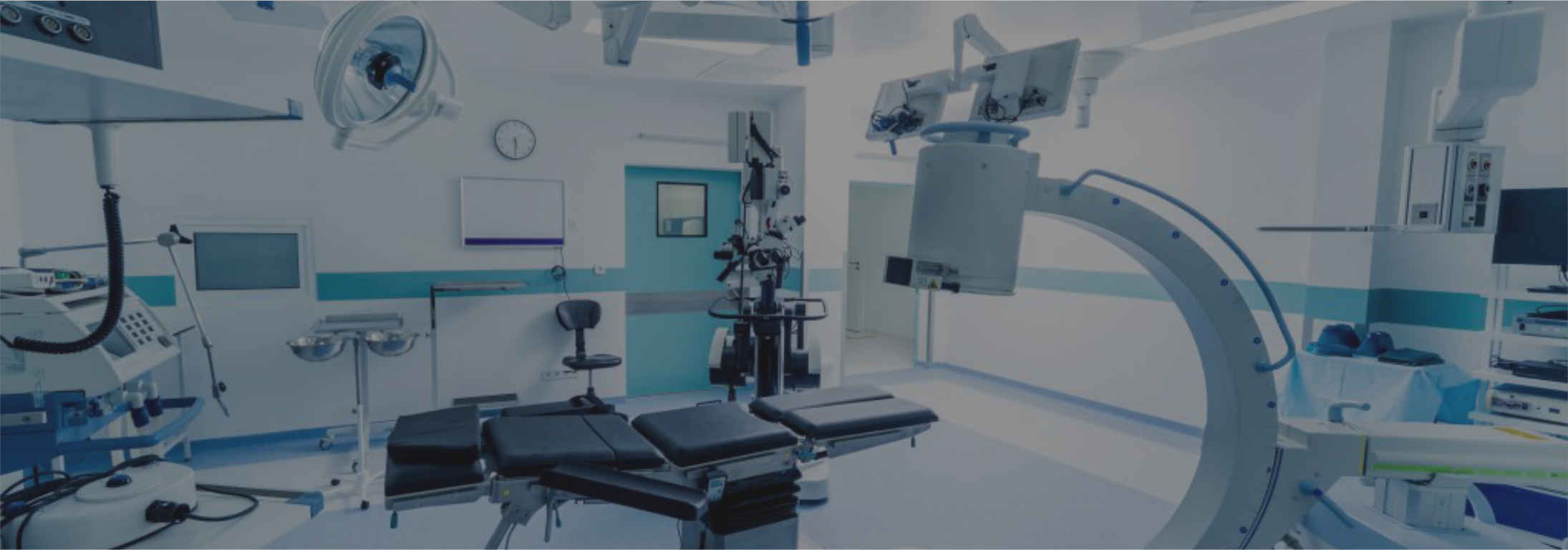Do You Have A Translation Project We Can Help You With?
Medical specialized translations
Medical translations require a high degree of precision, as translated documents can determine the failure or success of a medical treatment or procedure. We, the Professional Translations team, have developed professional translation services in the medical field, paying special attention to the rigors imposed by this field.
In order for each translation project to achieve the highest quality standards, we have paid particular attention to the recruitment of translators with substantial knowledge and skills in this field.
A high-quality medical translation service requires, first of all, that the team of translators and reviewers have certified language and specialized skills, supplemented by a well-developed workflow, with well-defined stages, so that the management of the documents leads to a final result that meets the quality standards imposed by both customers and the medical field.
Types of Medical Translation Documents
Regardless of the type of source document you entrust to us, we will treat it with professionalism so that the final results match the requirements. The medical field uses very clear terminology and translated documents must reflect that clarity.
The main examples of medical documents are:
Specialized Medical Translators
Medical translations impose a high degree of responsibility on the service provider. At Professional Translations, we undertake this responsibility once you have entrusted us with a project. We work only with translators who have been tested in advance, so we can guarantee their expertise in both the medical field and in the languages to which and from which they translate. Testing translators is a key aspect of our business, as their professional training determines the quality of the services we provide.
Once they have proven their language skills and expertise in the medical field, translators start working on projects, beginning with those that have a low degree of difficulty. As they gain experience, they develop their skills and improve their performance, and so are assigned increasingly complex projects. Thus, if your medical translation project contains elements that give it a high level of complexity, it will always be entrusted to a translator whose experience and performance match the complexity of the project.
In order to achieve a high level of quality for the services we offer, every medical translation, regardless of the level of expertise of the translator, is verified by one or more reviewers after the expert or team who was running the project has completed their work.
Specialized technology in medical translations
The dynamic nature of the medical field, including research for the discovery of new therapies and procedures to treat health problems, necessitates tight deadlines for translation projects. That is why we use technology to help ensure the precision medical clients need.
The “translation memories” we use for medical projects contribute significantly to maintaining the uniformity of terminology specific to the different areas of expertise in this field. Moreover, they considerably reduce the time we need to complete quality translations.
Each medical translation project is the responsibility of one of our project managers, who will exclusively be responsible for guiding the source documents through our translation process and manage the translator’s work so that your document is revised by a native speaker of the target language, with a certified specialization in the medical field, before delivery.
We are constantly working to shorten the delivery time of our projects, which is why we use reliable translation tools in conjunction with our professional translators. Even though the translation tools we use ensure terminology accuracy, the role of the translator is vital for establishing the consistency of the translated text and eliminating misinterpretations.
While technology is very important in medical translations, the human contribution – passing the document through the specialized translator’s filter – is what determines the quality of a translation. No matter how efficient these translation tools may be, they cannot grasp nuance or multiple meanings of terms. All languages contain polysemantic words, and their placement in context in order to eliminate ambiguities in the translated medical document is the work of our specialists and teams.
We Contact You!
Enjoy special partnership conditions and prices!
Send us your contact details and we will get in touch with you to discuss about the translation service that best suits your needs.











Let’s stay connected